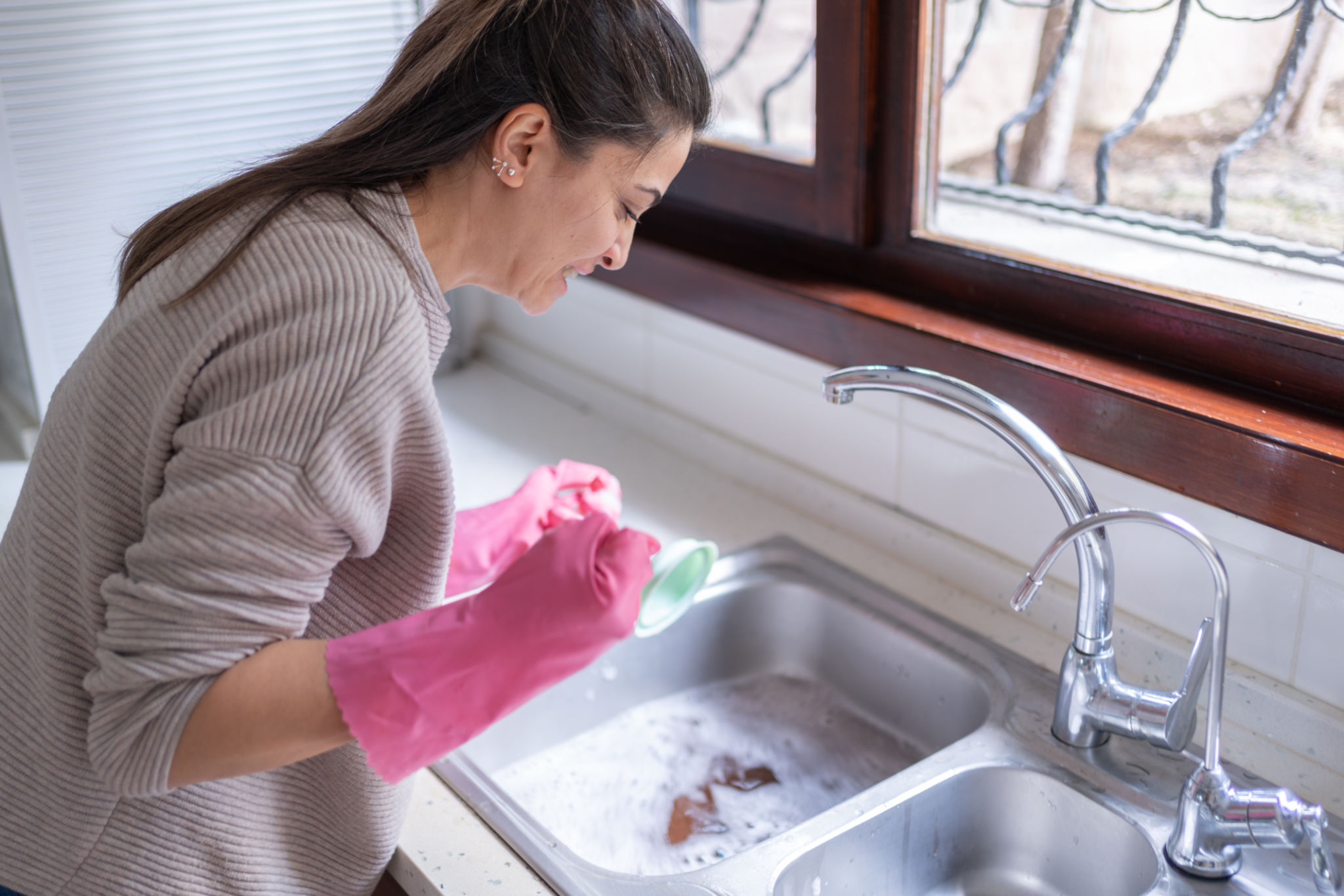Common Plumbing Problems in Seattle Bathrooms and How to Fix Them
Leaky Faucets
One of the most common plumbing issues in Seattle bathrooms is leaky faucets. This problem can be caused by worn-out washers, gaskets, or seals. A dripping faucet not only wastes water but can also increase your utility bills significantly over time. To fix this, start by turning off the water supply to the faucet. Then, disassemble the faucet to replace the worn components with new ones. Ensure all parts are tightened securely before turning the water back on.

Clogged Drains
Clogged drains are another frequent issue Seattle residents encounter. Hair, soap residue, and other debris can accumulate in your bathroom drains, leading to slow drainage or complete blockages. To resolve this issue, you can try using a plunger to dislodge the blockage. If that doesn't work, a drain snake or a mixture of baking soda and vinegar can often help clear the pipes.

Preventing Clogs
To prevent future clogs, consider installing drain guards to catch hair and debris before they enter the pipes. Regular cleaning and maintenance can also go a long way in keeping your drains clear.
Faulty Showerheads
A malfunctioning showerhead can disrupt your daily routine and affect water pressure. Mineral deposits from Seattle's water supply can often cause this problem. To fix a faulty showerhead, soak it in vinegar overnight to dissolve any mineral buildup. For persistent issues, replacing the showerhead might be necessary for optimal performance.

Running Toilets
A running toilet can waste an enormous amount of water and inflate your water bill. Common culprits include a faulty flapper valve or an improperly adjusted float. To fix a running toilet, check the flapper for any visible damage and replace it if necessary. Adjusting the float to ensure proper water levels in the tank can also help solve the problem.
Low Water Pressure
Experiencing low water pressure in your bathroom can be frustrating. This issue is often caused by mineral deposits or leaks in the plumbing system. Start by checking for leaks in visible pipes and fixing them promptly. Cleaning aerators and showerheads can also improve water flow.
Professional Help
If these DIY solutions don't resolve your plumbing issues, it might be time to call a professional plumber. They can accurately diagnose and repair more complex problems that require specialized tools and expertise.

Preventative Measures
Taking preventative measures can save you time and money in the long run. Regular inspections of your bathroom plumbing can help identify small issues before they become major problems. Additionally, using environmentally friendly cleaning products can reduce mineral buildup and prolong the life of your plumbing fixtures.
Conclusion
Seattle bathrooms face unique plumbing challenges due to local water conditions and daily usage demands. By understanding common problems and taking proactive steps, you can maintain an efficient and functional bathroom space. Whether through DIY fixes or professional assistance, ensuring your plumbing is in top condition will enhance your home's comfort and efficiency.